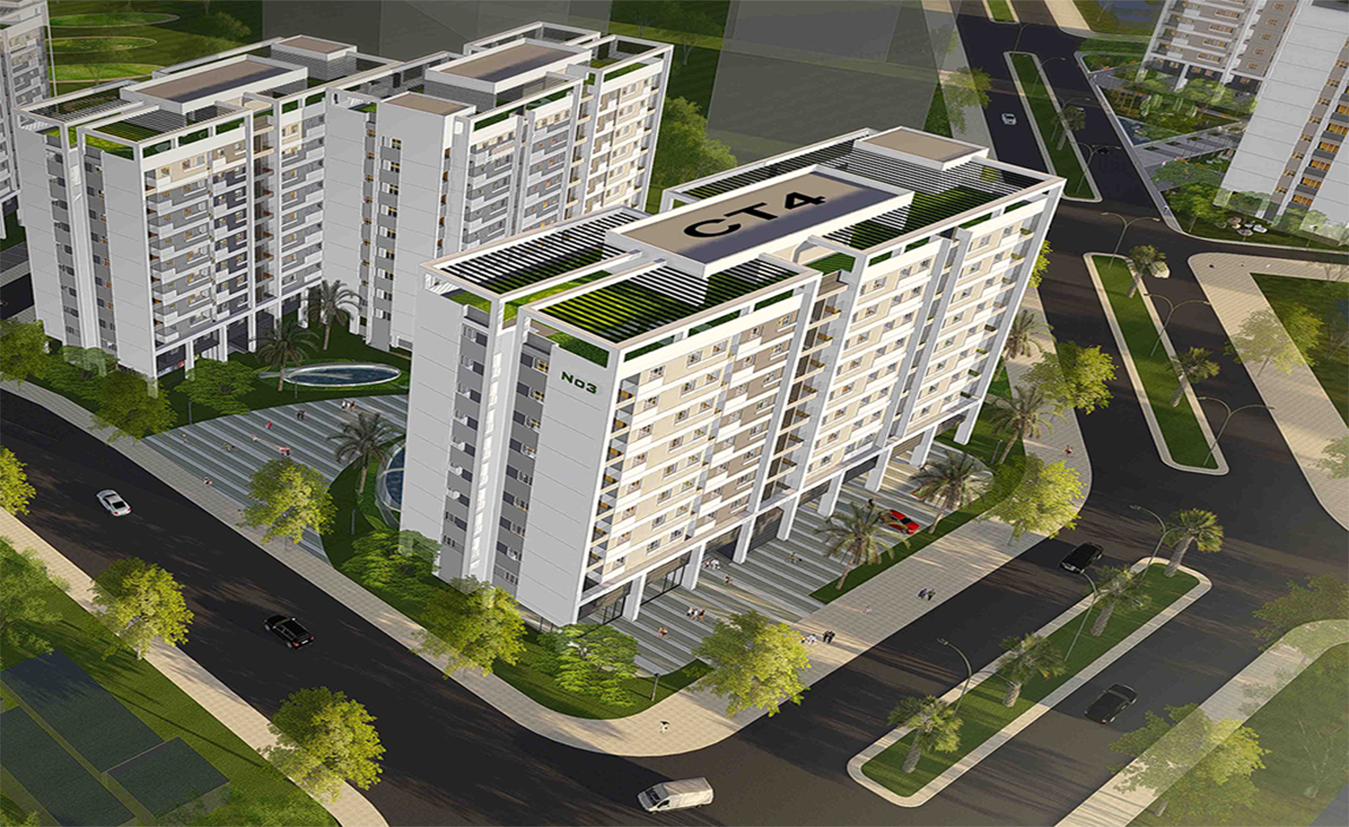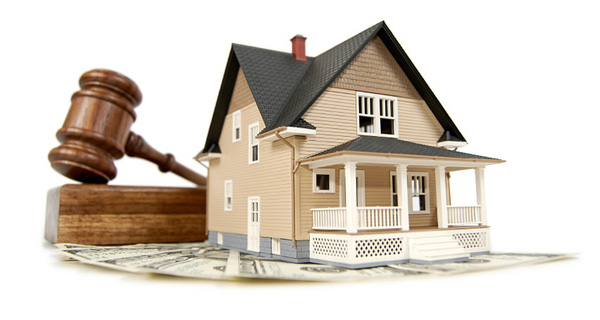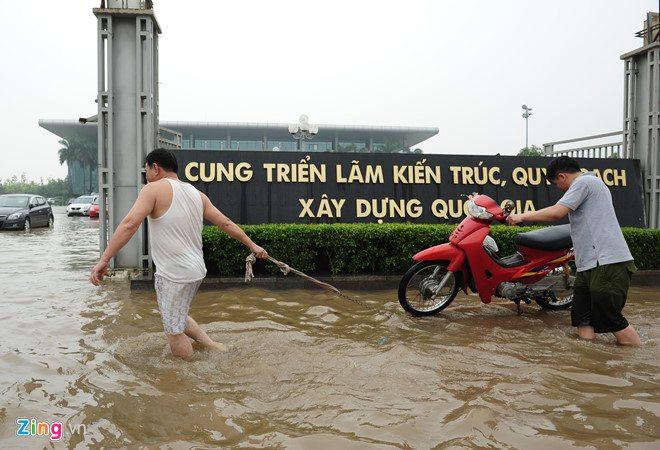Recently, the real estate market seems to be heating up with the bustling transactions of future-formed housing projects, apartments, and condominiums. This type of transaction has been recognized for many years and is regulated by the provisions of the Law on Real Estate Business 2014. However, in reality, the legal mechanism to ensure the safety of this type of business still has many inadequacies, and thus, it is not devoid of potential risks.
Future House Trading
Future house trading refers to the purchase and sale of houses that, at the time of contract signing, are still under construction and have not been handed over for use. Compared to trading existing houses, this model has several advantages: (1) It allows the investor to raise capital; (2) The buyer experiences less financial pressure through multiple payments according to project progress, and the prices are generally more affordable. However, there are also certain risks for buyers in this type of transaction. For example:
Firstly, losing money without receiving the house. This is perhaps the most common and significant risk for buyers of future houses. We have all heard stories about investors "pocketing" customers' money and fleeing without completing the project as committed, or a single house being sold to multiple buyers. Additionally, the project might face objective risks such as economic crises or natural disasters. As a result, buyers lose their money and do not receive the house. Some people spend years saving up for a house, and others borrow with interest to afford a home.

Secondly, the construction does not meet the agreed progress and quality. This is also a common issue for real estate projects that are being sold. Numerous reasons are given for delays: capital shortages (which might be due to the investor spreading funds too thinly across multiple projects or using them for personal gain) or insufficient mobilized capital.
We are no strangers to the marketing tactics used by future house projects, labelled as "5-star apartments" or "luxury condos." Buyers sometimes trust the advertised quality until they receive their homes and realize it doesn't match their expectations. Many homes might feature swapped interiors or amenities that fall short of the agreements.
Thirdly, not receiving the house ownership certificate within the stipulated time. The house ownership certificate is crucial for proving the legal ownership of the house. Once buyers possess this certificate, they have full rights to possess, use, and dispose of their house. According to Clause 7, Article 26 of the Law on Housing 2014: “Within 50 days from the date of handing over the house to the buyer or from the date when the payment is fully made according to the agreement, the procedure for the competent state agency to issue the certificate must be carried out, except when the buyer voluntarily delays the procedure.” However, in reality, the issuance of certificates often does not meet this regulation. Many commercial house buyers have received their homes for years but still lack the certificate. This delay is often due to investors waiting until most or all homes in a project are sold before processing the certificates or due to construction violations that prevent state authorities from issuing the certificates.

The above are some risks associated with future house projects that buyers may encounter. Therefore, when deciding to engage in this type of transaction, both buyers and sellers (or investors) need to carefully consider and comply with legal provisions.
 Article table of contents
Article table of contents





.Medium.png)
.Medium.png)
.Medium.png)
.Medium.png)
